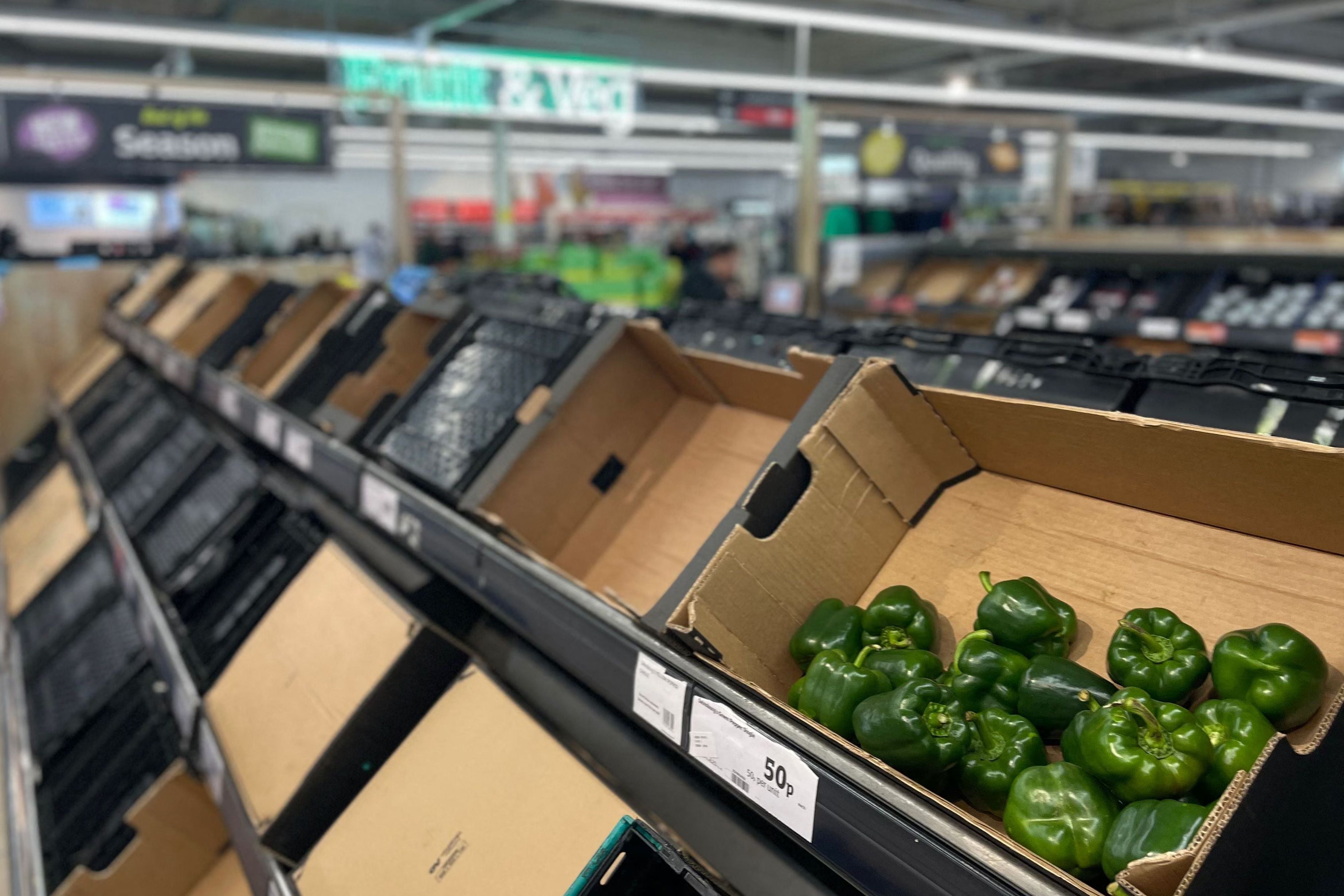Brexit is, in a way, only the latest chapter in a long story. The Conservatives have split and re-formed over the issue of free trade at several points in the party’s history. This is the same debate in a new form.
The central problem has always been that free trade is in the interest of the British people – and especially of the poor, for whom cheaper food is more important. And yet political leaders have periodically been tempted to pursue other objectives.
In the 19th century, the landed interest wanted to protect British farming from foreign competition. Later, Joseph Chamberlain split the Tory party because he thought the revenue from tariffs would avoid the need for income tax. In 1923, Stanley Baldwin held an unnecessary election, leading to the forming of the first Labour government, because he wanted to change policy and impose tariffs to protect British industry and cut unemployment.
The policy of leaving the European Union is similar, in that its effect is to make it more difficult and more expensive to import goods into the United Kingdom. That is not the purpose of Brexit, but it is an inevitable consequence – and it is one that is becoming evident by stages.
As we report, the British Retail Consortium (BRC) warns of empty shelves in supermarkets, and of even higher prices when the next phase of post-Brexit controls comes into effect in October. These are the customs checks and fees that are required by an independent country. They are what 52 per cent of British voters chose when they voted to leave the EU.
Jacob Rees-Mogg, in his brief tenure as minister for Brexit opportunities, in effect admitted that these customs controls were not in our national interest when he announced that their introduction would be postponed. He said at the time that the delay would save British businesses £1bn. But the controls could not be postponed for ever.
Some Brexiteers take the view that there need be no checks or tariffs on goods entering the UK; that the UK should, in effect, declare unilateral trade disarmament – but to do so would put us at a permanent disadvantage to our trading partners.
Mr Rees-Mogg suggested that when the controls were eventually brought in – as will happen later this year – they would be less burdensome than originally planned. The government argues that the extra time to prepare the customs controls means they will be “light touch” and mostly digital rather than paper-based.
But the BRC disagrees, and its members should know. It warns that new fees on goods from the EU will add hundreds of pounds to the cost of importing each lorry-load of produce – charges that will mean that some small firms will “struggle to survive”.
These are the delayed bills of Brexit, finally demanding to be paid. We suspect that they will come as a surprise to some Leave voters, who imagined that Brexit was “done” when they voted for it. By the time of the 2019 election, when they realised after years of parliamentary deadlock that it was, in fact, far from complete, they were joined by some Remain voters in their mission to “get Brexit done”. And so it was, but it is still not finished.
The Irish border problem has been renegotiated with some skill by Rishi Sunak, but it is not yet “done”, as the Democratic Unionist Party continues to barricade the doors of the Northern Ireland assembly.
And the trading relationship with the EU generally is not yet “done”, because the customs checks are not yet in place. We should not be surprised were Mr Sunak to decide to postpone the introduction of full post-Brexit checks once again.
This would give even more time for the lesson to sink in that Brexit imposes a cost on everyone in Britain – and proportionately more on the poor. Eventually, a British political leader will have to act on this understanding.







Join our commenting forum
Join thought-provoking conversations, follow other Independent readers and see their replies
Comments